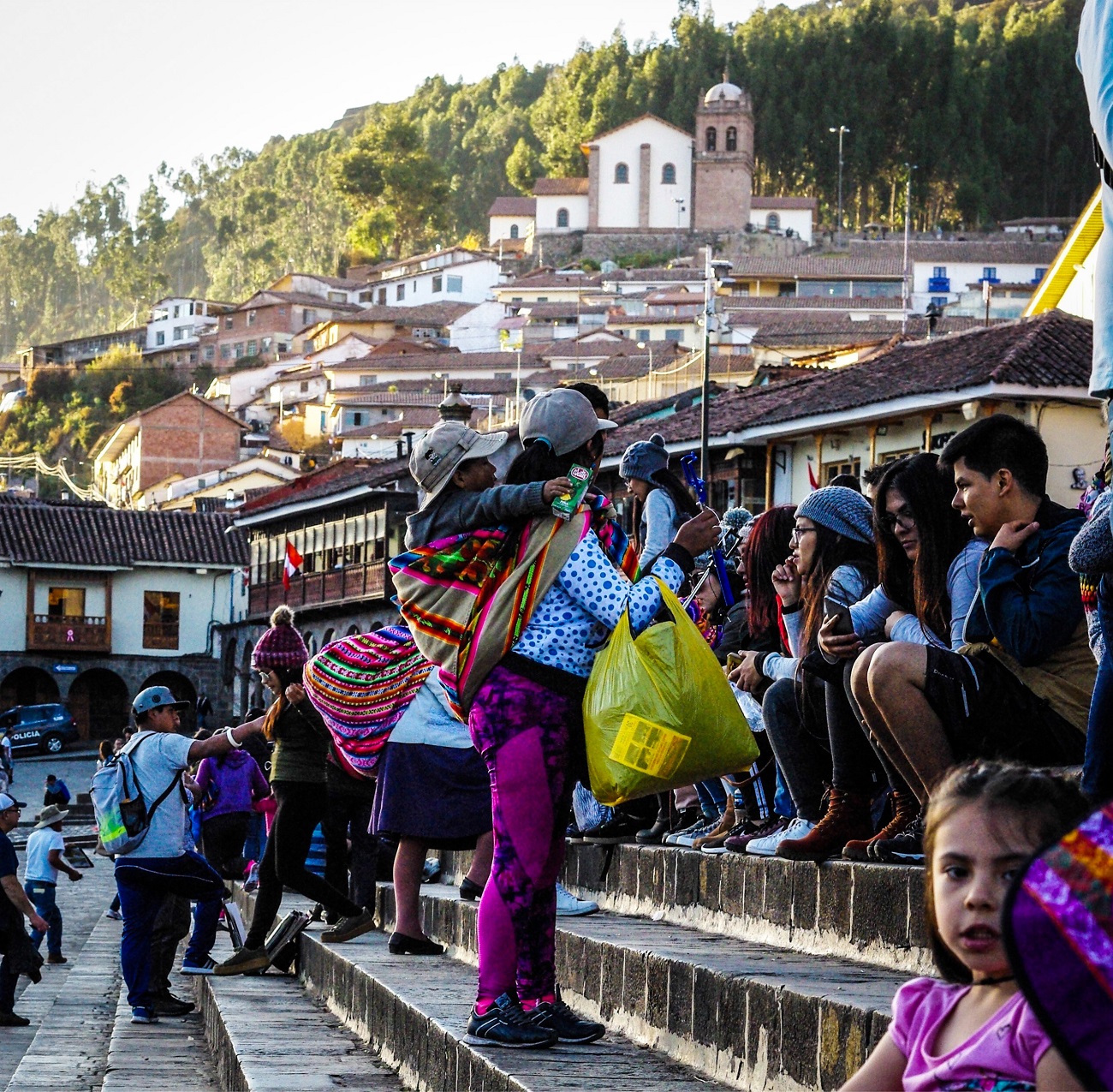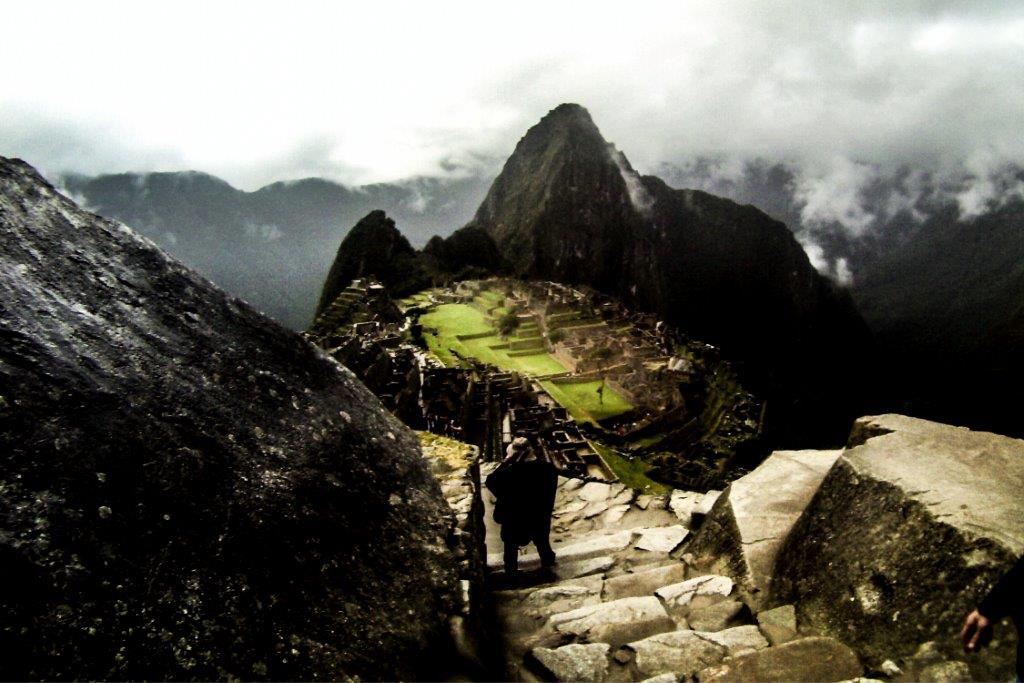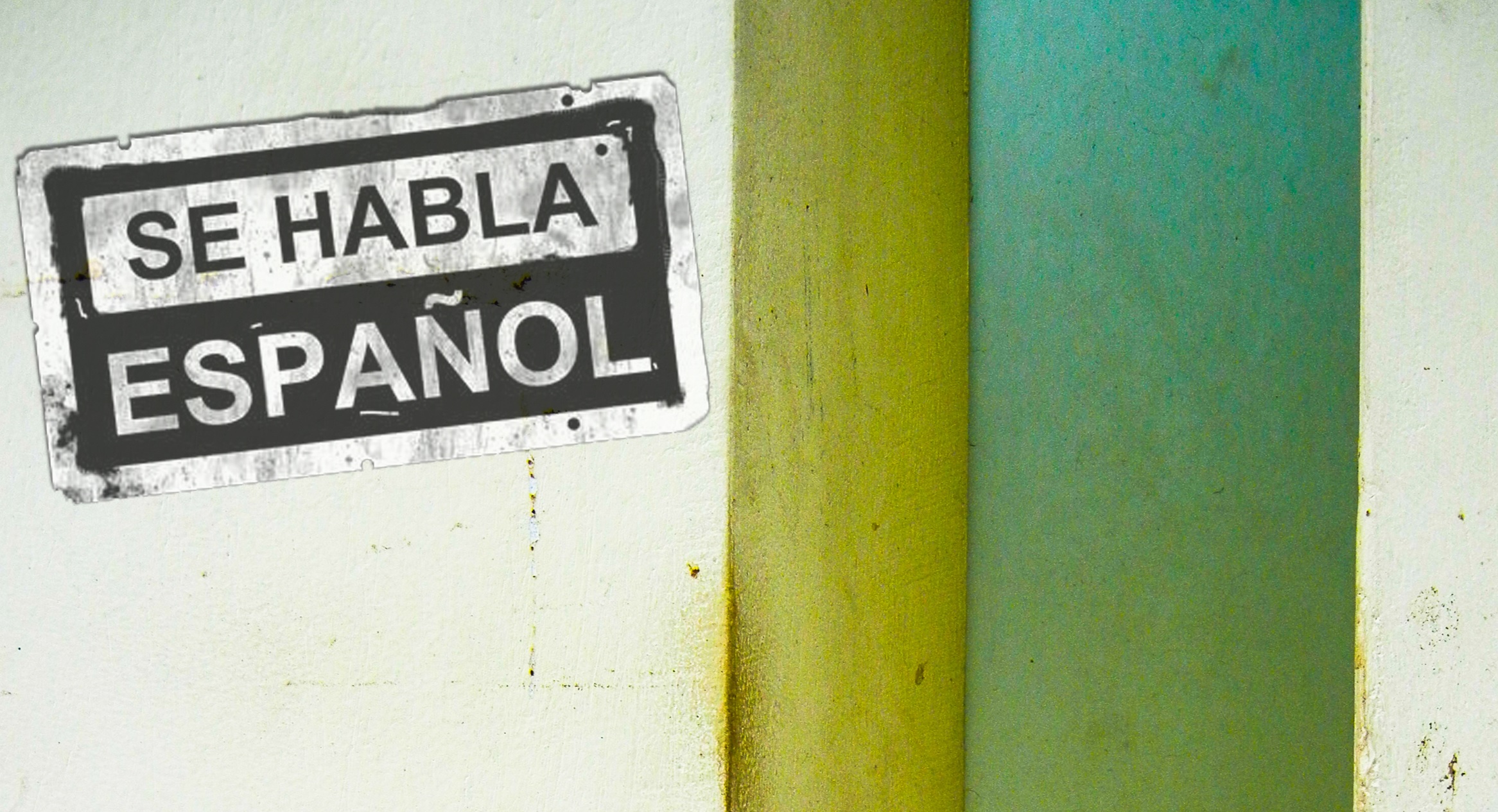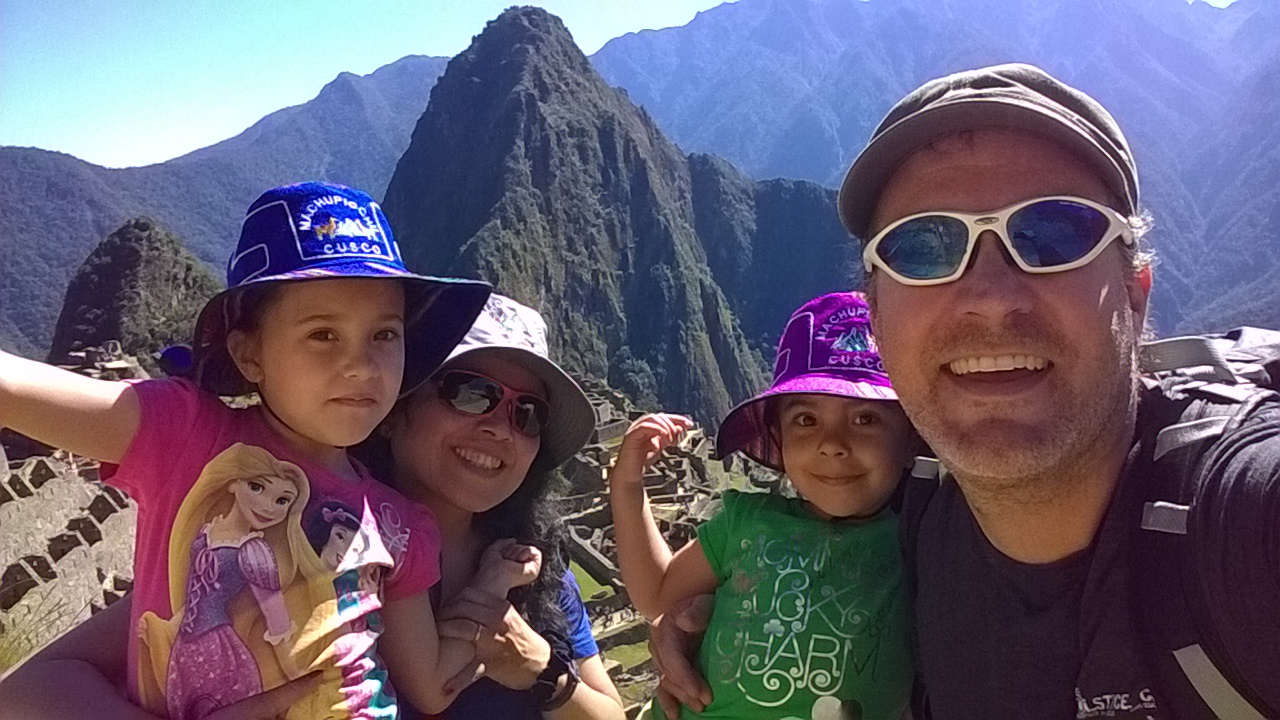A few years ago I visited Cusco with my family. My daughters were six and four and I elected to take them up to Machu Picchu. At 11,000 feet, Cusco is a city at altitude that can be difficult for children to navigate. That combined with generally over-protective attitude American parenting left me open to no small amount of criticism.
Perhaps the Cusco trip would have been ill-advised for a person who was not fluent in Spanish or was not familiar with the customs and norms of Peruvian culture. However my wife is from Peru and I have sufficient experience in the country to provide assurance of a safe trip. I’m pleased to report that my girls had a wonderful time at Machu Picch and we’ve been able to return on several occasions.
While in Cusco, we were observing a parade at the Plaza de Armas when a local woman arrived who was selling various handcrafted goods. She had a toddler swaddled in blankets on her back, and it occurred to me how varied child rearing is perceived throughout the world. The child didn’t seem to be in any distress, and seemed to take as much delight in the happenings of the Plaza de Armas as I did.
On a tangentially related topic, today I had the opportunity to connect on Twitter with Nancy Jorgensen, the mother of Gwen Jorgensen. Gwen Jorgensen’s connection to South America is that she won the gold medal at the 2016 Olympics in the women’s triathlon. Nacy Jorgensen along with her daughter Elizabeth have written a book about her Olympic journey entitled “Go, Gwen, Go” which I reviewed for the Wisconsin Writer’s Association.
It’s interesting to consider the spectrum of parenting that exists in the world. When I taught in Peruvian high schools I often found that the official policy of the school on things like gender development was in conflict with current thinking in the US. However, that’s not to say that the US thinking is always correct. In many ways, Peruvian schooling is superior as the students tend to support each other more and resist the formations of exclusive cliques.
I was recently asked to contribute two articles to a parenting web page. In writing these articles I was able to draw on my experiences as a teacher both in Peru and the US, and my experiences as a parent. It’s interesting to reflect that as a teacher you receive a basic amount of training in a wide variety of areas, but it’s my belief that your greatest assets are your first hand experiences.
The first article regarded parental concerns over whether or not a child might have a learning disability. The good news is that these days educators are much better equipped to be adaptable in how they construct their lesson plans. You can read that article here.
The second article addressed preparing a young child for preschool. As a parent, I know how difficult it is to drop your child off at a school for the first time. Fortunately, there is a very easy way to ensure both you and your child will be prepared and have a wonderful experience. You can read that article here.
I know a lot of couples who have come from different backgrounds and have different philosophies on parenting. Believe me when I tell you that no one country is superior in all things when it comes to child rearing. If you are in a mixed-culture relationship, it’s important to have an open mind about the parenting expectations of your partner. Sometimes people get caught in a misconception that certain hardships must be endured because they lead to an enduring benefit. In most cases, the benefit can be achieved without the hardship. The old line, “I endured it and I turned out okay” is a regrettable fallacy.
No matter where people come from and no matter how many differences you can spot, one thing is consistent. All parents want the best for their children. It’s natural to have concerns, and it’s also common to receive poor advice. Always remember that at the end of the day, you are the ultimate authority in your child’s life. Do what you think is right, and as likely as not it will be the correct choice.









